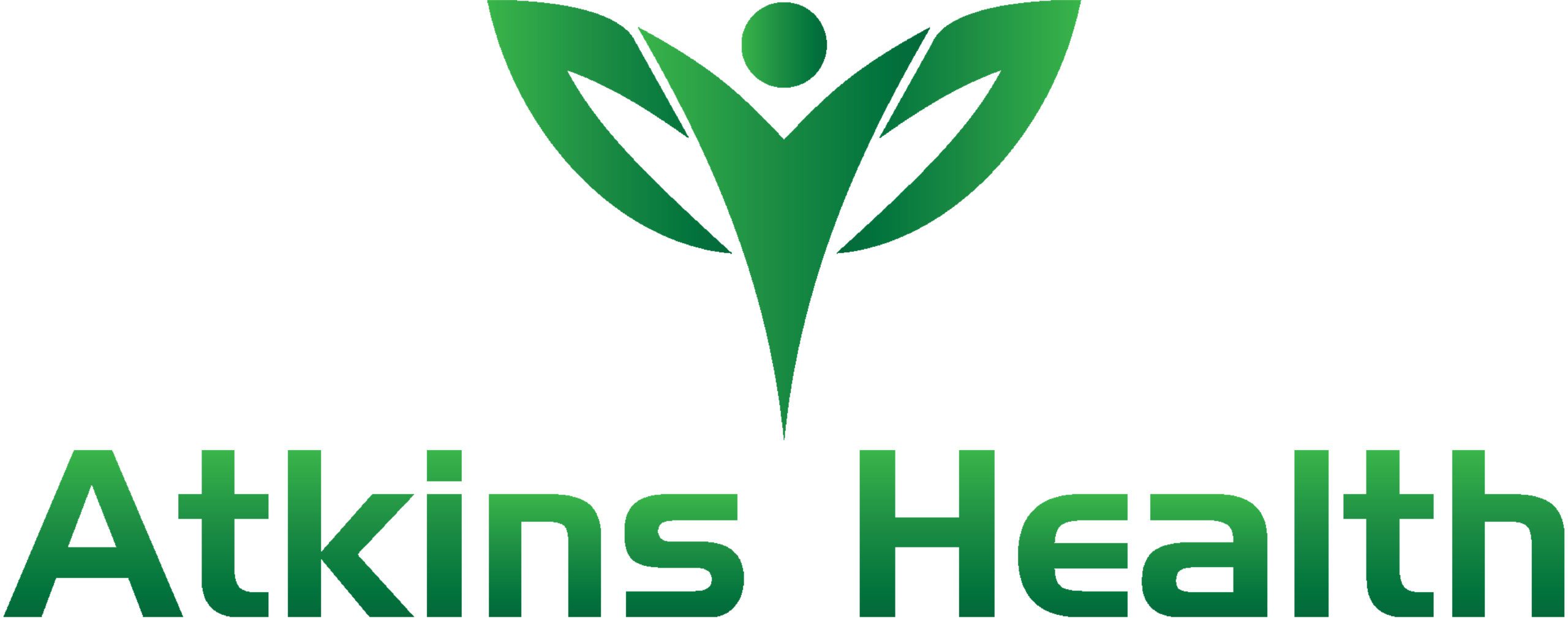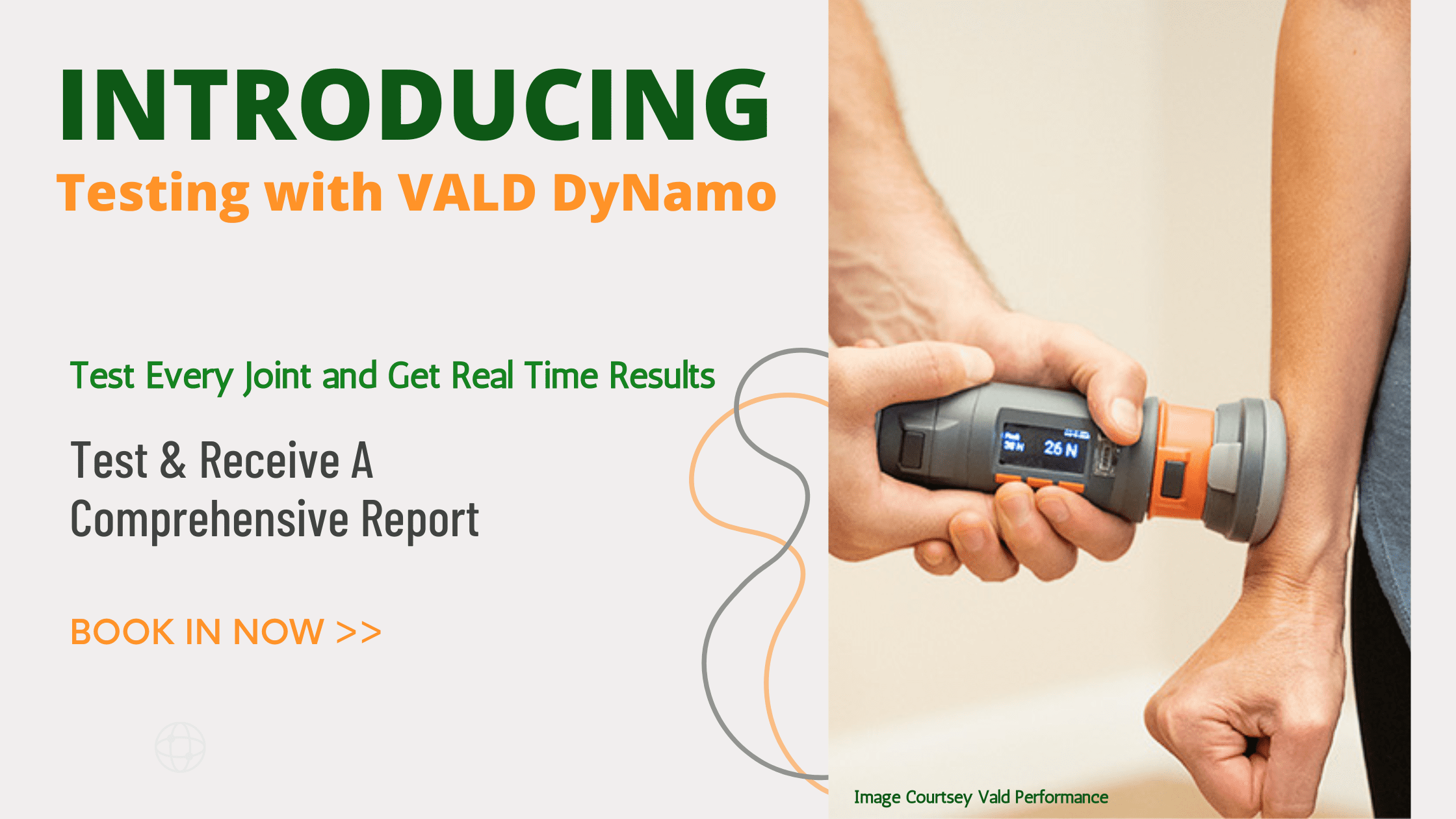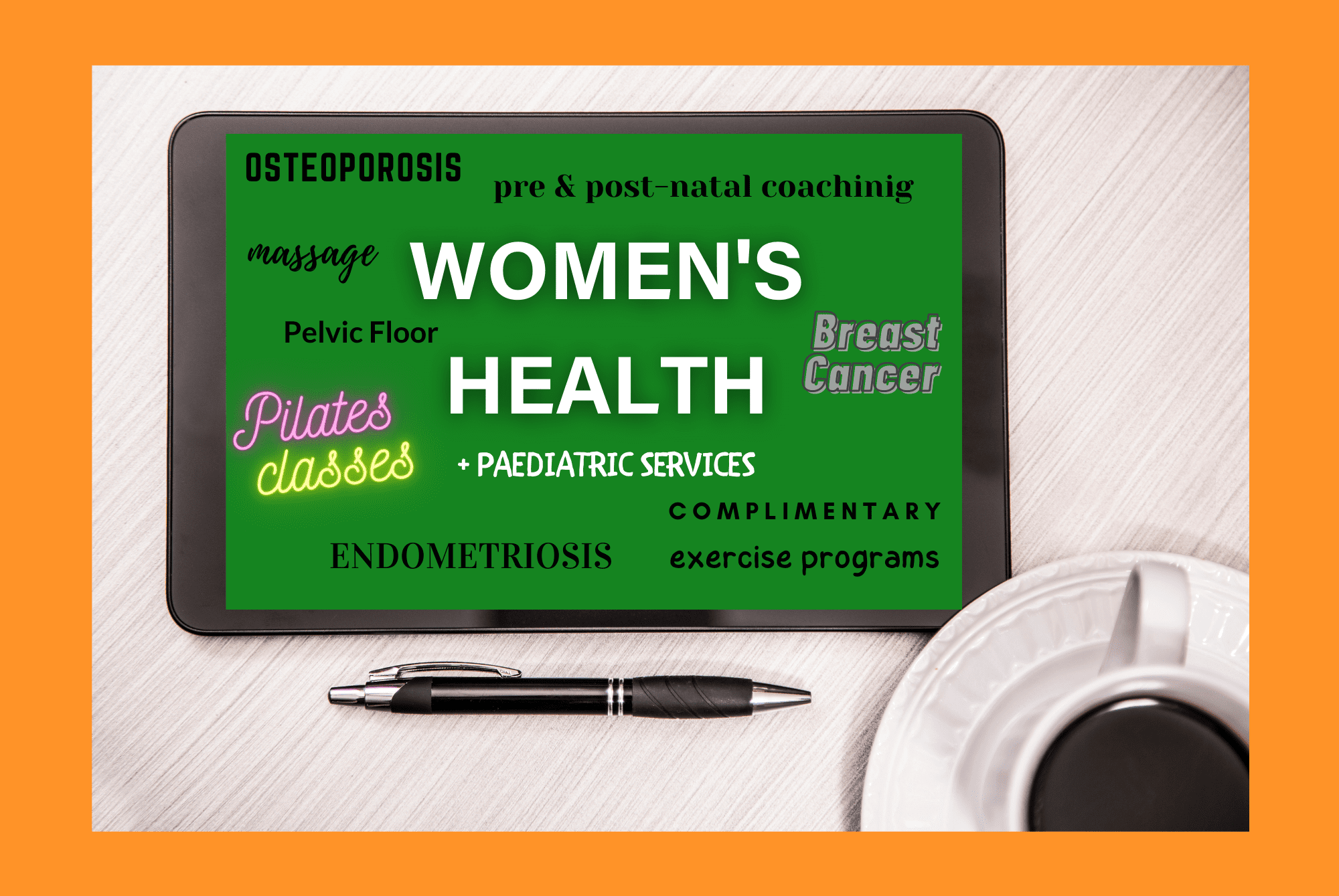Exercise Physiology
What isExercise Physiology?
Why Choose Atkins Health for Exercise Physiology?
At Atkins Health, we work with only the best accredited exercise physiologists Gold Coast has to offer. As a business, we put a lot of focus on allowing our team members to be in their “genius mode,” which allows our practitioners to focus solely on building meaningful relationships with our clients to better serve them and get results. We pay particular attention to the client as a person, not a condition, and we set up treatment plans that are specific to their individual needs. We use movement and exercise as our tools.
We conduct six-weekly reviews with every client to ensure that we adapt to their changing requirements and expectations, and to ensure that our clients are indeed reaching their goals. On average based on these frequent reviews, over 90% of tested clients achieve or exceed their health, wellbeing and fitness goals.
With a choice of five exercise physiology Gold Coast clinics, home visits, online classes and telephone consultations, our clients have a wide choice of where and how they receive their exercise physiology treatments. In addition, we also offer Gold Coast physio services to provide a more holistic solution across the two complimentary disciplines.
Atkins Health is a pioneer in exercise physiology. We are consistently challenging best practice to progressively improve. Through joint ventures with varying tertiary education institutions, medical specialists and pharmaceutical and technology companies, Atkins Health is designing and implementing new and innovative ways of practicing while continually researching and analysing data for viable progressions to best practice techniques and outcomes.
Where are Exercise Physiology Services Available?
We offer exercise physiology at all Atkins Health locations. We also offer the convenience of exercise physiology in home visits.
VALD DyNamo is a hand-held testing system that allows our practitioners to test EVERY MAJOR JOINT in your body and see results in REAL TIME.
- This specialised equipment allows your practitioner to test across strength and range of motion
- It allows the practitioner to do 300+ tests
- It allows us to collate a comprehensive report for you.
Here are some of the parts of the body that can be tested (in a single session):
- Upper body (neck, shoulder, scapula, elbow, wrist)
- Trunk (thoracic)
- Lower body (hip, knee, ankle, foot)
- Test by attachment (push test, pill test, lower limb, upper limb, grip strength)
The range of motion around a particular joint is called ‘flexibility’. It could also involve your ligaments, tendons, muscles, and bones. Flexibility testing is very important to determine the cause of issues, as well as their level of severity. Improper flexibility can result in pain, discomfort, limitations in daily activities and these patterns can lead to more dysfunction. We not only need to test and determine the degree of flexibility, it is also important to compare both sides of the body to see if there is a discrepancy.
If you wish to be tested with VALD DyNamo, please ensure that you advise our team when you book for your appointment, so that we can ensure the equipment is available at the time and location of your appointment.
Why should I see an Exercise Physiologist?
There are a broad range of reasons as to why someone may seek the professional services of an accredited exercise physiologist to improve their health. These include:
-
Musculoskeletal disease or dysfunction (including tendinitis, muscle strain, muscle weakness, deterioration)
-
Bone Health ( including osteoporosis, osteoarthritis, surgical pre/rehabilitation)
-
Women’s health issues (including osteoporosis/osteopenia, pelvic floor, endometriosis)
-
Neurological disorders (such as Parkinson’s disease and multiple sclerosis)
-
Mental health conditions (including depression)
-
Pain relief
-
Cardiovascular disease
-
Pulmonary disease (including asthma, COPD)
-
Learning difficulties
-
Cognitive disorders
-
Diabetes
-
Metabolic disorders
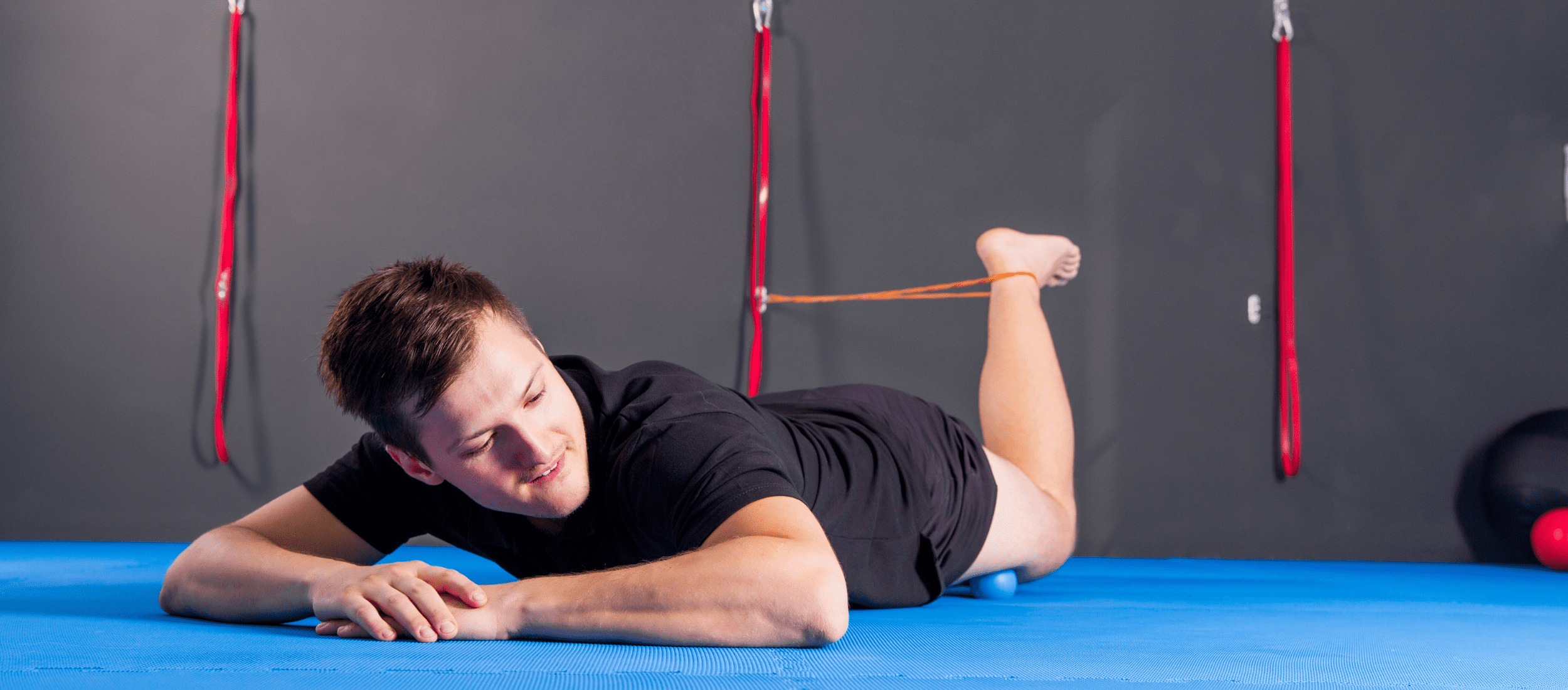
Does Medicare Cover Exercise Physiology? What about DVA?
As with all other allied health services, exercise physiology is covered through a Medicare chronic disease management plan (CDMP). A CDMP can be issued by your GP when you have been suffering from a condition or pain for longer than three months. This plan gives you a rebate for a total of five visits in a calendar year across all allied health professions. Each session must go for a total of 20 mins in duration, however many practices provide longer sessions, and charge a small gap.
Holders of a Department of Veteran Affairs (DVA) Gold or White Card will incur no charge for their exercise physiology sessions.
Learn more about funding your health care.
NDIS Exercise Physiology
Exercise physiology is covered by the NDIS, falling under two categories within the scheme, Improved Daily Living Skills and Improved Health and Well-being, giving greater opportunities for participants to get care under an exercise physiologist.
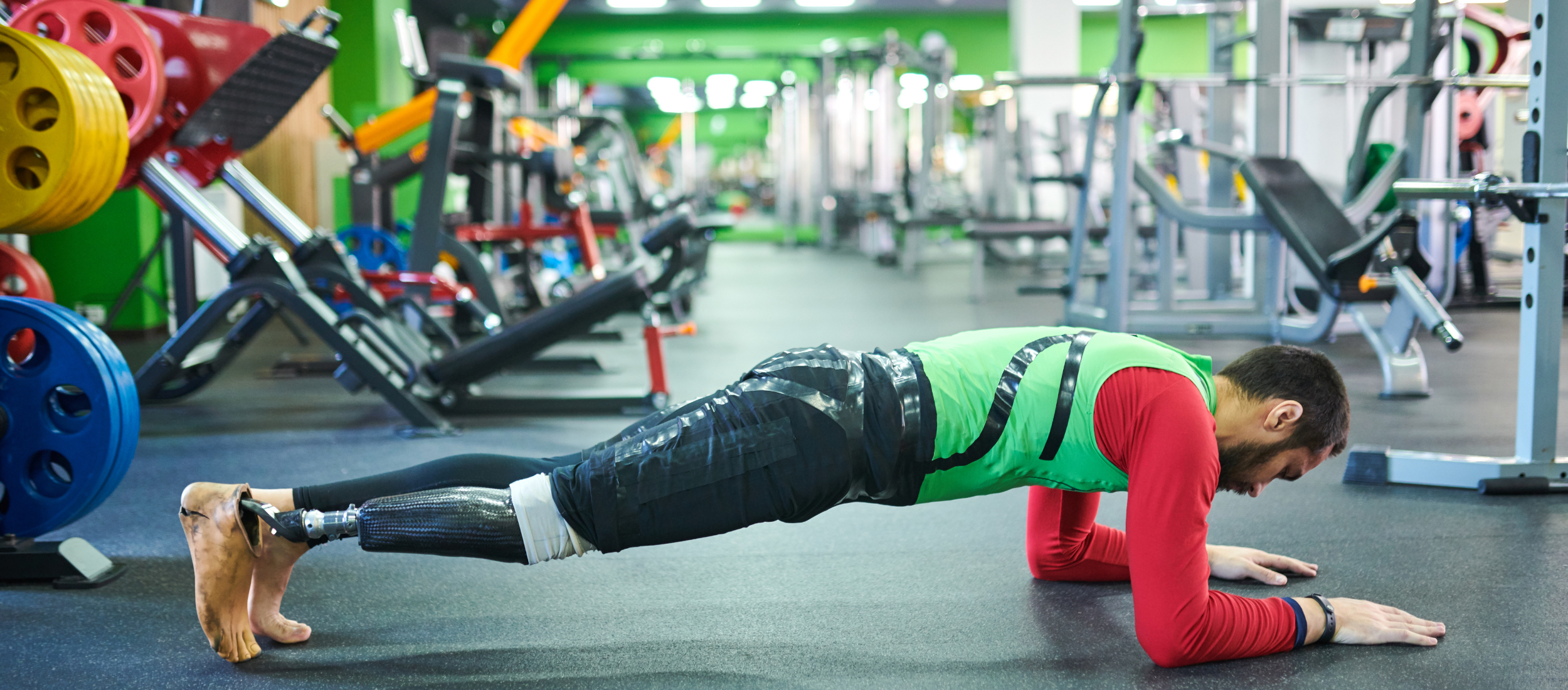
What is Exercise Physiology in Sport?
Exercise physiologists study the bio-mechanics, anatomy and physiology to prescribe appropriate movements and exercises to improve performance. Exercise physiology in sport assesses the movement profiles of the athletes to ensure they are performing in the most efficient and effective ways whilst avoiding the risk of injury.
What is the Difference Between an Exercise Physiologist and a Physiotherapist?
You may well wonder, and it’s a common question. There are two major differences between exercise physiology and physiotherapy:
-
Physiotherapists do hands-on therapy, diagnostics and exercise rehabilitation whereas an exercise physiologist solely focuses on and specialises in exercise rehabilitation.
-
Exercise physiologists primarily focus on chronic conditions that have been long developing like osteoporosis or a neurological condition for example, whereas physiotherapists are more heavily involved in the acute phase of treatment, where the onset may be more severe and sudden, like a fracture or an asthmatic attack.
What is the Difference Between an Exercise Physiologist and a Personal Trainer?
Let’s tackle this one too… There are four main differences between an exercise physiologist (EP) and a personal trainer (PT) :
-
Scope – whilst both professions can provide services to the general healthy population, only an EP is qualified to provide professional advice specific to medical conditions.
-
Approach – an EP works “inside-out”, applying knowledge of the human anatomy and its systems for exercise selection in order to get a desired response, while a PT works “outside-in’, applying exercises to muscle groups to get a desired response.
-
Funding – Exercise physiology can be funded through Medicare, DVA, NDIS, and private health funds. The costs of personal training are usually met entirely by the client. In limited cases, PT sessions may be available through private health funds and NDIS.
-
Qualification – Exercise Physiologists require a relevant degree with a minimum 4 years of study from an accredited university.
In addition to exercise physiology and physiotherapy, we offer podiatry, dietetics and remedial massage which means that we can provide support for improved strength, pain management and mobility, all under one roof. With the flexibility of five exercise physiology Gold Coast clinics located at Runaway Bay, Varsity Lakes, Pimpama, Canungra and Currumbin, plus home visits available from Tweed Heads/Coolangatta to Beenleigh, call us today on (07) 3177 7779 or contact us by email to learn how we can help with your specific needs.
Our Locations
Our exercise physiology Gold Coast services are located at Runaway Bay, Varsity Lakes, Canungra, Pimpama and Currumbin, plus we offer home visits from Tweed Heads to Beenleigh, plus telehealth appointments.
Our Hours
The opening hours of our exercise physiology Gold Coast clinics do vary from one clinic to the next, follow the link above for opening hours specific to one location.
Payments
We accept payments through private health cover as well as private paying patients, plus NDIS, DVA and Medicare approved referrals.
New clients must first book an initial assessment, so that your practitioner can create a tailored treatment path for you. These initial assessments can be requested online using the button below.
If you have completed an initial assessment with our team, please use the button below to request an ongoing appointment.
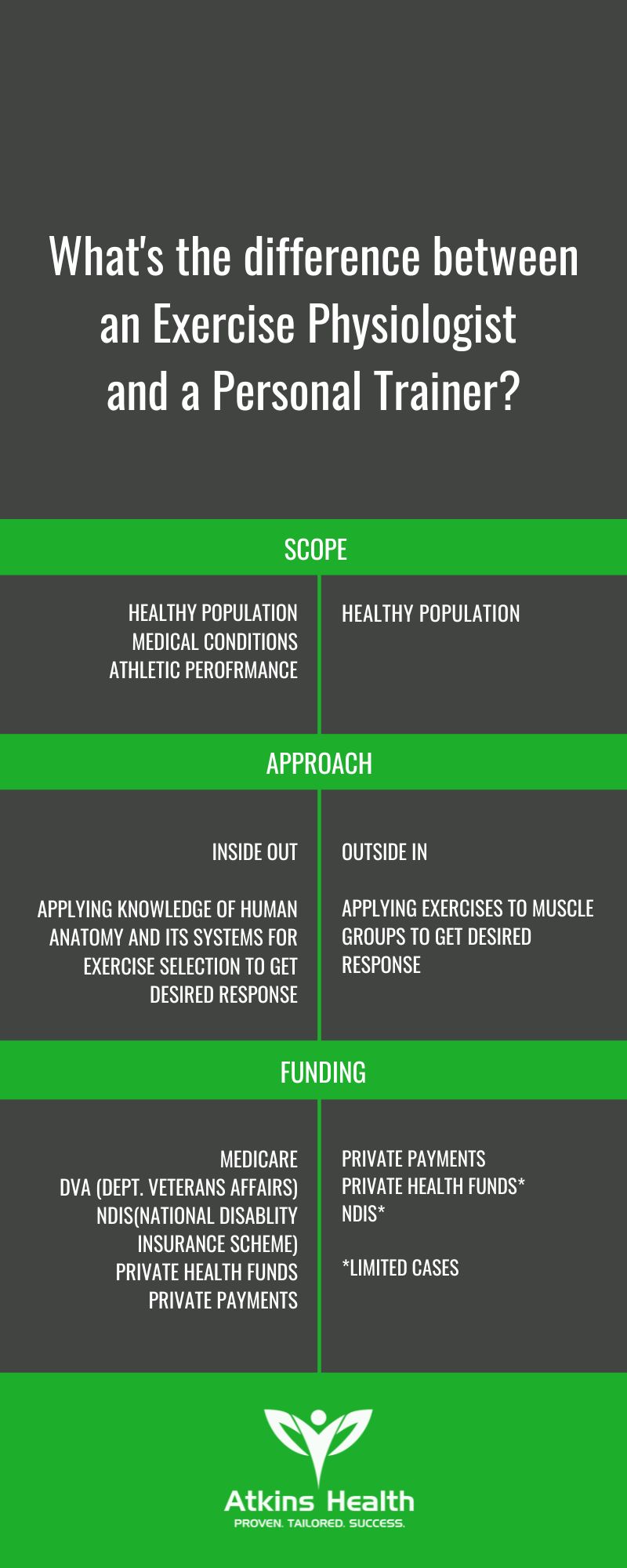
Client testimonials
RON FORBES
EV MEYER
My exercise physiologist understands that I need flexibility and encouragement. While I am challenged to meet my goals each time I attend, the trainer works to ensure I stay the course by adapting the program to suit my needs.
JORDAN HAITSMA
NOEL GRAY
FUNDING YOUR HEALTH CARE
Latest Blog Articles
It can be easy to get caught up in the good carbs vs bad carbs narrative. Our Accredited Practising Dietitian provides a dose of reality and evidence-based truth.
Come and join Ben, every Friday morning in Robina for a two hour walking program, delivered in conjunction with Gold Coast Health to support the community with a monitored exercise routine.

